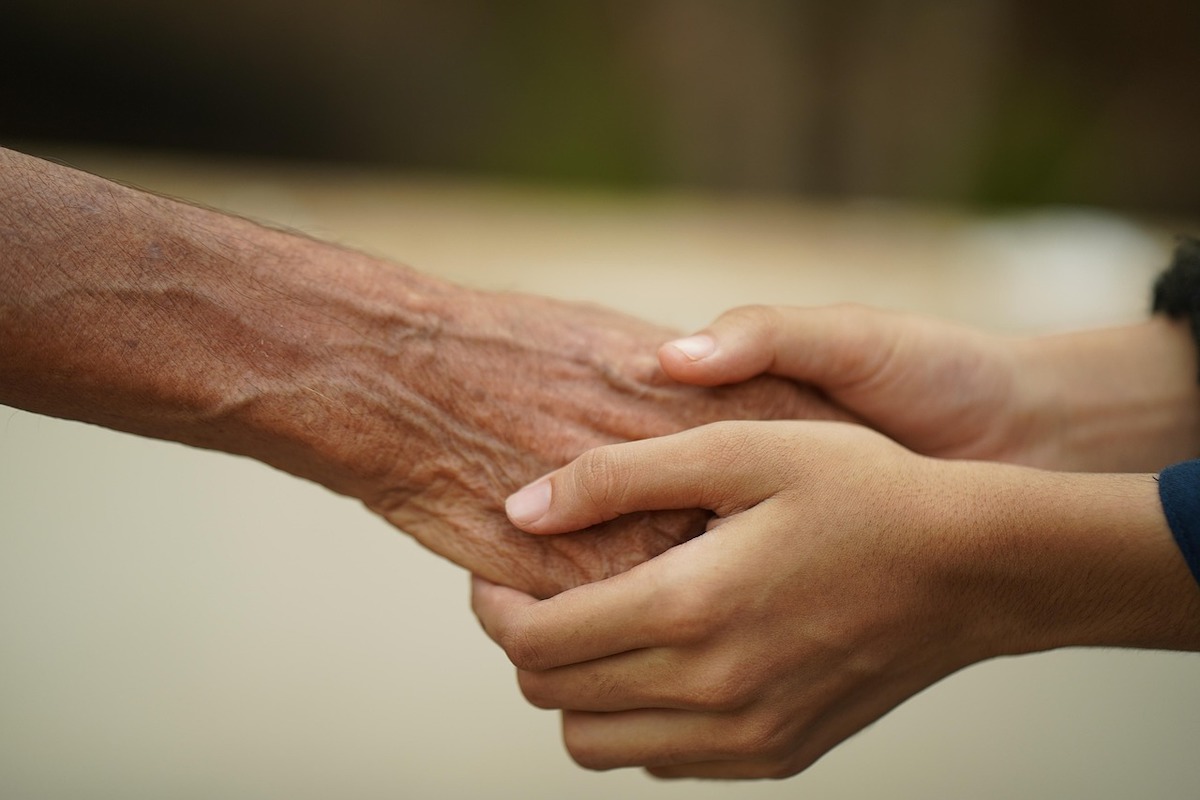
When a loved one is able to live well at home, maintain routines, and enjoy the comfort of familiar surroundings, it’s often thanks to the compassionate efforts of home care providers. These dedicated professionals deliver more than just assistance—they offer connection, stability, and peace of mind. In the background of every smooth day, there’s often someone making sure the little things are taken care of. That quiet, consistent presence is what transforms everyday living into dignified, supported independence.
The essence of great support isn’t always found in grand gestures—it’s often the small, consistent acts that make the biggest impact. Whether it’s helping with breakfast, ensuring medication is taken on time, or simply offering a listening ear, the value of care lies in attentiveness and trust. When someone feels seen, heard, and supported, their day naturally feels easier and more manageable.

Support at home allows individuals to continue living life on their own terms. It means waking up in a familiar bed, drinking tea in a favourite chair, and being surrounded by cherished memories. These seemingly simple things are deeply meaningful. For older adults, people with disabilities, or those recovering from illness, maintaining a connection to home supports both emotional well-being and a sense of control.
What makes in-home support truly powerful is its ability to blend into daily life without taking over. Good care is respectful, collaborative, and designed to preserve autonomy. Rather than doing everything for someone, effective care encourages participation—working alongside individuals to empower them, not replace them.
Families often speak about the relief they feel when a trustworthy support system is in place. It allows them to return to their roles as sons, daughters, spouses, or siblings, instead of feeling overwhelmed by caregiving responsibilities. The emotional weight is lifted when they know their loved one is not just safe, but also genuinely cared for.
The best support relationships are built on communication. By understanding preferences, habits, and personality, care professionals can tailor their approach. Maybe it’s knowing how someone likes their coffee, the music they enjoy, or how they prefer their morning routine. These personal touches create a more human, connected experience.
Great support also recognises that people’s needs evolve. Flexibility and awareness allow care to adapt—offering more help when needed or stepping back to give space when things are going well. It’s about reading the moment and responding with empathy and skill.
Safety is another cornerstone of good care. From helping prevent falls to recognising early signs of health issues, trained support professionals bring a level of vigilance that is both protective and reassuring. Their presence offers a quiet confidence that someone is looking out for every detail.
Technology now plays a supporting role too. With the aid of scheduling apps, remote monitoring tools, and emergency alert systems, care teams can coordinate more effectively and offer peace of mind to families, even when they can’t be physically present. But while tech can enhance care, it never replaces the warmth and responsiveness of human connection.
For many individuals, the emotional dimension of support is just as important as the physical. Loneliness, anxiety, and uncertainty can weigh heavily, especially for those facing health challenges or reduced mobility. A familiar, friendly face—even for a few hours a day—can provide genuine comfort. Conversations, shared laughter, or simply sitting together in silence can restore a sense of normalcy and belonging.
Support at home also respects individual identity. It allows cultural preferences, dietary traditions, spiritual practices, and family dynamics to remain intact. When care is delivered in a way that honours who someone is—not just what they need—it becomes far more meaningful and effective.
Care professionals also work closely with family members, bridging communication with doctors, helping coordinate appointments, or simply providing updates. This kind of support strengthens the care circle and ensures that everyone stays informed and updated.
Affordability and accessibility are important considerations too. Many care programs are flexible, offering part-time or occasional help based on what’s needed. Whether it’s a few hours a week or daily visits, personalised support plans ensure that services are sustainable and tailored to the individual.
In the end, it’s the relationships that matter most. A good day is one where someone feels supported without feeling dependent. It’s a day with rhythm, comfort, and a sense of purpose. It’s made possible by the people behind the scenes who understand that care is as much about dignity and respect as it is about tasks and checklists.
The impact of this kind of support is far-reaching. It allows people to stay in their homes longer, maintain connections with their communities, and live with more confidence. It also offers families the reassurance that their loved ones are not alone, and that they’re in capable, compassionate hands.
All in all, while the role may not always be centre stage, it’s clear that behind every good day, there is someone ensuring things run smoothly—anticipating needs, offering help without hesitation, and making sure that life continues with grace.







